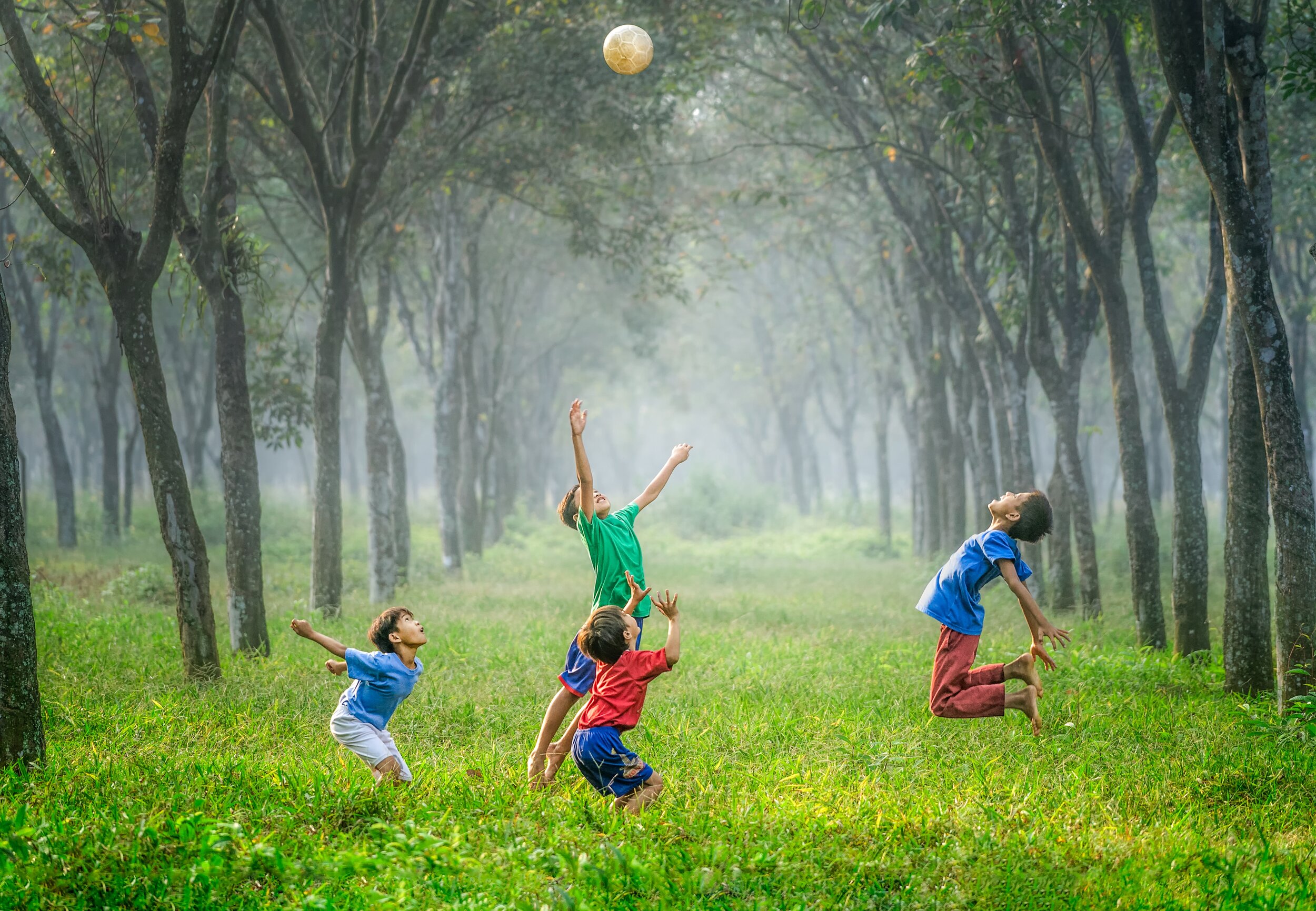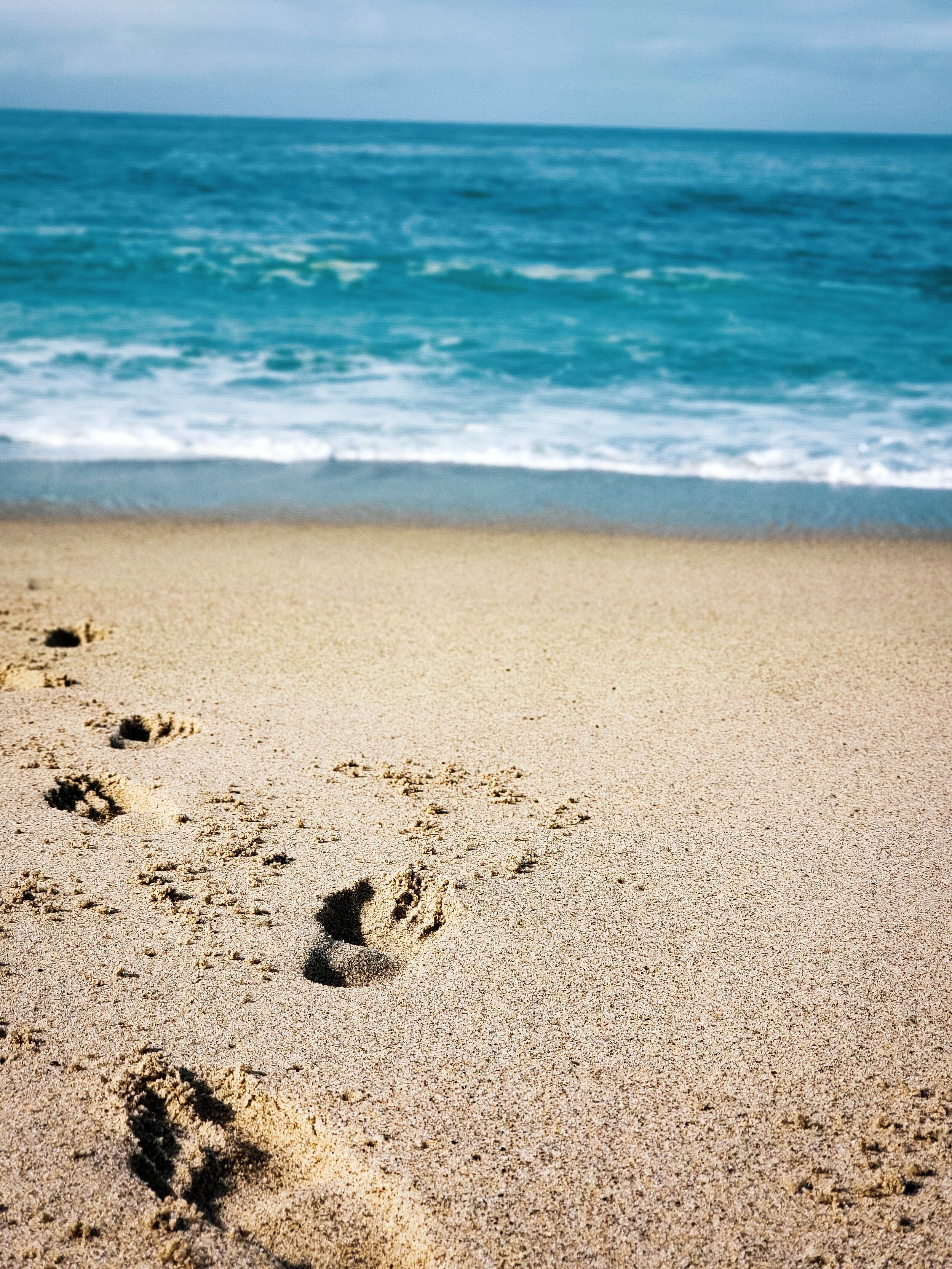
Hi, I’m Macy Grim.
I am both a licensed therapist and professor at the University of North Florida specializing in children, adolescents, and parents. Using play and adventure therapy, I help children communicate their feelings starting from a young age and work with parents to facilitate a healthy, loving relationship.
Play Therapy + Teen Therapy in Jacksonville Beach (Ponte Vedra + Jacksonville), and Online Therapy in California
I like to take a holistic and nonjudgmental approach to counseling using a Humanistic/Child-Centered theory. This means I strongly believe in meeting the child where they are and working with the family to help develop a strong foundation of communication and understanding.
Florida License: Licensed Mental Health Counselor, MH23670
California License: Licensed Professional Clinical Counselor 5921

Services
Therapy is a way for you to take care of your emotional and mental well-being. Everybody has their “stuff” - but you can either choose to let it affect your happiness or decide to lean into it and get past it. Therapy can help you make sense of difficulties in your life in order to have healthy relationships with your children and family. My services focus on the parent-child relationship to help you become more equipped as a parent with research on what is best for raising happy, healthy children.
I work with individuals, parents, families, and groups using different forms of therapy. Take a look at the options below to see what would work best for you.
individual therapy
teen therapy
parenting therapy
group therapy
family therapy
play therapy
adventure therapy

Why Adventure Therapy?
The adventure therapy I offer is rooted in experiencing the outdoors without any use of electronics. Not only does spending time in nature have its own therapeutic benefits, but adventure therapy can provide an alternative path to healing that is especially beneficial for those with deeply painful issues.
This form of therapy is particularly effective for increasing the self-esteem and problem-solving skills of adolescents, and for strengthening interpersonal relatedness within groups.
experiential
Unlike many other forms of therapy where you would spend your time sitting and talking to your therapist, adventure therapy places the emphasis on experiential growth and learning through games, outdoor pursuits, trust-building activities, and more. This provides ample opportunities to open up, challenge yourself, and learn valuable life lessons in a natural setting.
self-awareness
Adventure therapy offers you the chance to breathe fresh air, embark on a journey away from the stresses of your daily life, and unwind without any technological distractions. Being able to spend your time reflecting on your accomplishments, challenges, and experiences can help you develop a greater sense of self-awareness that you can continue to practice back in the city.
group work
The nature of adventure therapy makes it particularly effective for teams who want to learn how to work more closely with each other. Group activities are supplemented with exercises that build social and communication skills. Each individual is also encouraged to engage in self-reflection outside of the group setting. Such structure and informal play can help increase group cohesion.

Reach Out
Office Hours are available by request.
Jacksonville Beach • Ponte Vedra Beach • Jacksonville & surrounding areas
MacyNGrim@gmail.com || 424-262-2935
Florida Office: 2348 3rd Street South Jacksonville Beach, FL 32250
Imagine waking up tomorrow and being unable to speak, with no one around you understanding what you want or need. Would you feel frustrated?
This is how young children feel before they develop a vocabulary extensive enough to communicate with the world. It isn’t easy to deal with a child who is angry or upset but managing tantrums can be done through a 4-step process.
How a family conceptualizes, copes with, and reframes struggles builds their resilience. Resilient families are ones that are able to recover quickly from struggle and adversity. Here are three ways to build resilience in your family during the COVID-19 crisis instead of crumbling under the stress.
There’s a lot of pressure right now to make sure your child is learning everything in school, eating healthily, understanding how to navigate emotions, and so on. But you should know that this period of time will not make or break their future quality of life.
During a crisis, it is much more important to focus on playing, laughing, connecting daily and, above all, surviving.
“Because true belonging only happens when we present our authentic, imperfect selves to the world, our sense of belonging can never be greater than our level of self-acceptance.”















